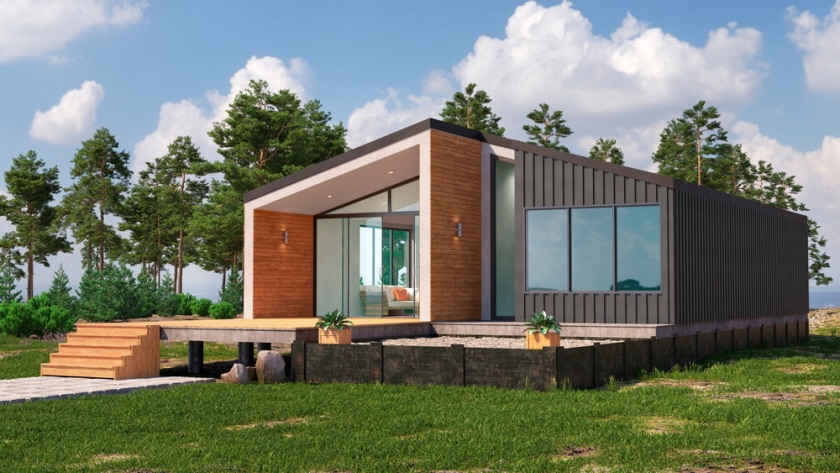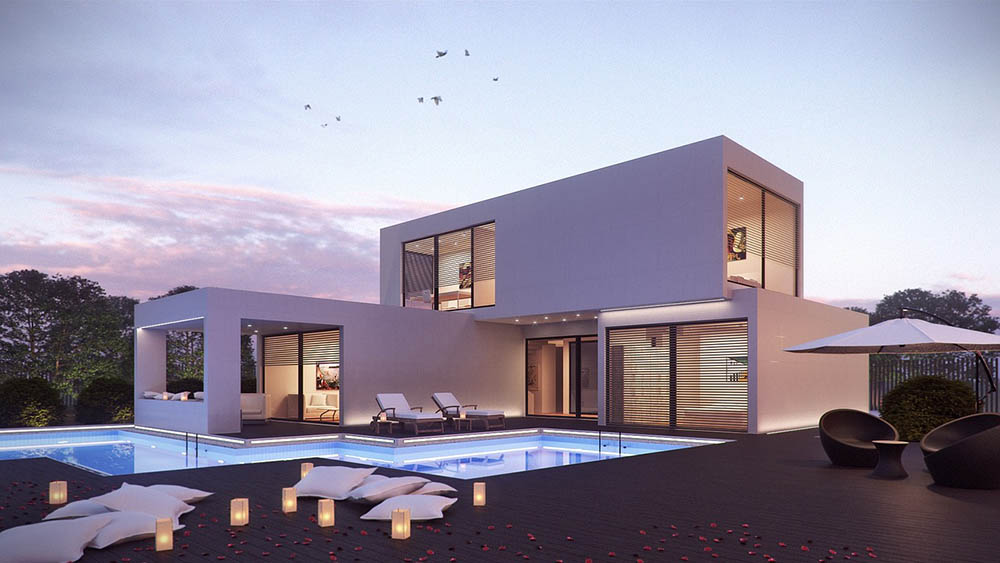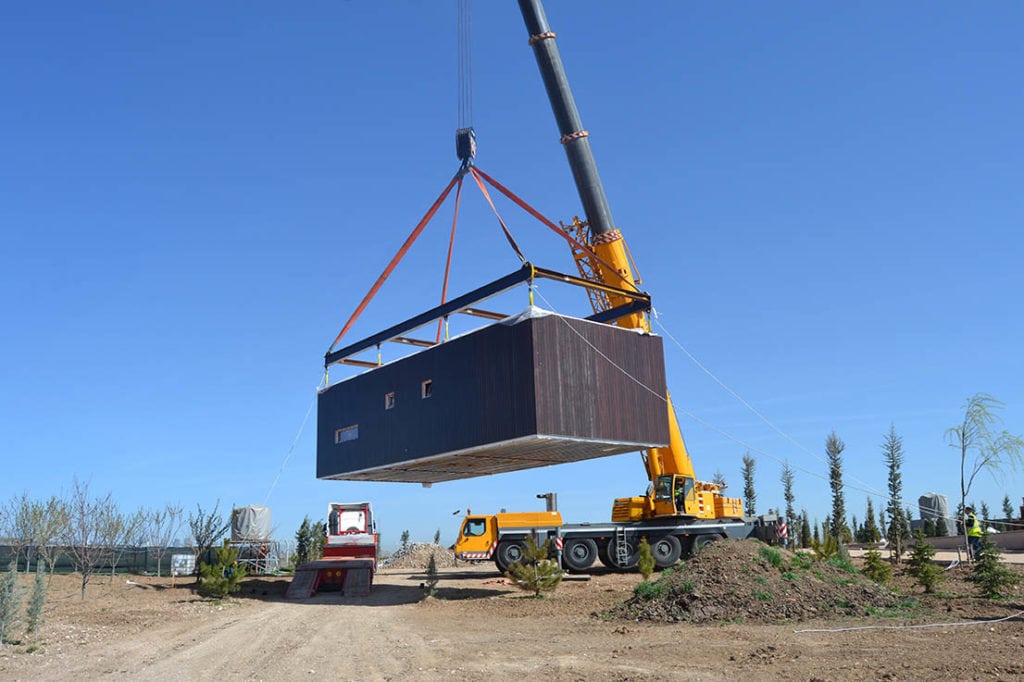Do Modular Homes Hold Their Value? Pros, Cons, & Appepreciation
-
Jana Blagojevic
- Last updated:

Modular homes are factory-built homes pre-fabricated in large factories and then transported to the building site where they’re assembled. While nowadays modular homes look pretty similar to traditional homes and can even seem luxurious, there was once a lot of stigma surrounding these structures. They were designed to provide people with a fast and cheap way to build a home.
Today, modular homes are made to provide a safe living space for families across the United States, and on the outside look identical to most traditional homes. These structures are not valued differently on the market, and as with conventional homes, certain factors affect their price. Like traditional property, modular homes usually do not depreciate in value and seem to appreciate over the years.
 Modular Homes vs. Regular Homes
Modular Homes vs. Regular Homes
The main difference between modular and regular homes is how they are constructed. While modular homes are pre-fabricated, typical homes take months, even years, to build. While a traditional brick house can take years to complete, it provides homeowners with a timeless and long-lasting housing solution that can serve them for more than 100 years.
There are many differences between these two types of homes, but one vast difference is their value. It takes much more effort, labor and materials to create a regular brick home from scratch than a modular, pre-fabricated home. In the chart below, you can find some significant differences that characterize these two homes.

Modular vs. Traditional Home Build Per Square Foot
| Type of Home |
Low price/
Base |
Average price/
Installations |
High price/
Customizations |
Average Total Cost |
| Traditional Homes | $100 per square foot | $155 per square foot | $400 per square foot | $155,310–$416,250 |
| Modular Homes | $50–$100 per square foot | $80–$160 per square foot | $310 per square foot | $120,000–$270,000 |
Pros and Cons of Modular Homes
- Affordable prices
- High-quality, long-lasting, and durable structures
- Quick setup in a few months
- Excellent insulation properties
- Easily customizable and modified
- Most manufacturers will require payment in full
- Plenty of additional costs (land, transportation, labor, electrical and plumbing work)
Do Modular Homes Hold Their Value?
Modular homes retain their value over time since they are usually counted the same as regular homes. Similar to traditional homes, modular homes only lose value if they are in poor condition or a bad location. There are some factors you should consider when building a modular home so that it will hold its value in the future.
Two of the biggest are their location and condition. It will undoubtedly hold its value if you maintain your modular home properly over the years and add some high-quality, unique features. Choosing an excellent location can also influence the cost of your resale value. The property’s age is another significant factor, although it won’t affect the rate of depreciation or appreciation as much.

Do Modular Homes Depreciate Quickly?
Many studies have shown that modular homes can appreciate value similarly to traditional homes. The depreciation rate of modular homes has been thought to be a myth, and when correctly maintained, these homes can appreciate at the same rate as regular homes. Based on the research conducted by Data Comp Appraisal Systems, out of 186 modular homes in Michigan, 97 appreciated in value while 88 depreciated. With many factors at stake, there is no one-size-fits-all template. The first and most crucial step to understanding the value of your home is to book an inspection with an appraiser and get an unbiased, expert opinion on the matter.
 Final Thoughts
Final Thoughts
It is important to note that there are never two homes that fit a specific pattern and there are many factors that impact the appreciation rate of a certain modular home. Once these factors, such as location, age, and the condition of a home are taken into account, you can get an accurate estimate of your modular property.
Featured Image Credit: vipman, Shutterstock
Contents
 Modular Homes vs. Regular Homes
Modular Homes vs. Regular Homes